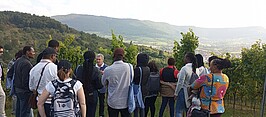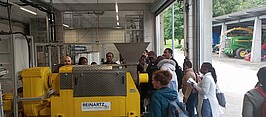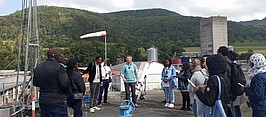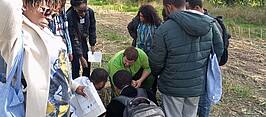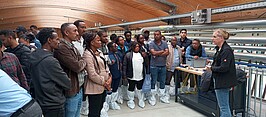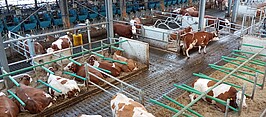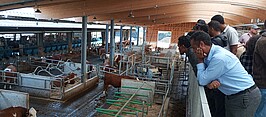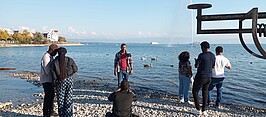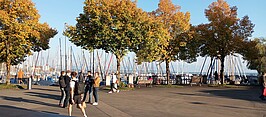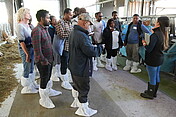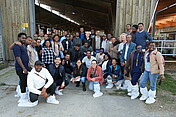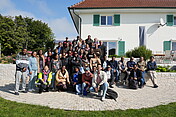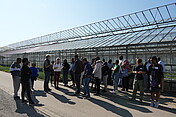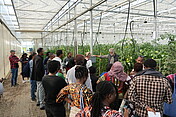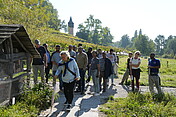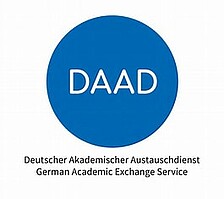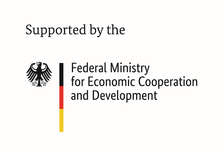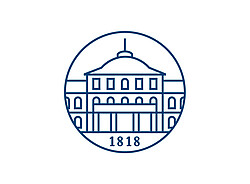Alumni Workshop - Hohenheim 2024
15th - 22nd September 2024
'Equitable and Sustainable Agro-Ecosystems: Pathways for Natural Resource Management and Improved Livelihoods'
The increasing global challenges of rising populations, climate change, and widespread inequality have resulted in an increasing demand for systems transformations. Agriculture is at the heart of these issues as it is tasked with feeding the growing world population while managing the natural resources it depends on. Agricultural practices have generated several negative trade-offs and discussions as to how to sustainably provide food while balancing productivity with environmental sustainability and social equity.
The unsustainable exploitation of resources and unfair access to land, water, and other assets are highlighted as key issues undermining the potential for equitable and sustainable agricultural landscapes. Hence, the integration of traditional knowledge with scientific innovation is presented as a pathway to develop agriculturally diverse and ecologically sound systems that can adapt to changing conditions and mitigate climate impacts. Promising innovations to address the current and future challenges in the sector are emerging across the agricultural sector, showcasing the combination of science, technology and collective action towards a more sustainable future for crop and livestock production globally.
Program Summary
The DAAD Agriculture-Alumni Network organized a one-week traveling workshop to explore and refine strategies for making sustainable agro-ecosystem transformations more equitable while creating understanding of how sustainable practices can be inclusive, ensuring a fair distribution of benefits and responsibilities, as well as create a better life for the population. The program included two days of the CLIFOOD block seminar with expert talks before starting the traveling workshop.
The one week program, (15th-22nd September 2024) was organised jointly by the University of Hohenheim and Hawassa University, as a traveling workshop in Germany.
Program Highlights
Institutional visits to research and academic centers, including:
- University of Hohenheim’s Unterer Lindenhof research facility, specializing in livestock sciences, bioenergy, and crop sciences.
- LAZBW Aulendorf, Agricultural Training Center of Baden-Württemberg, focusing on digitalization in dairy farming and pasture management.
- Strobel GmbH, a facility for recycling organic waste into compost and potting soil.
- Liebenauer Landleben, a Christian charity foundation focused on sustainable fruit and vegetable production involving people with disabilities.
State-of-the-art workshops and seminars facilitated by scientists during the CLIFOOD block seminar, including:
- FAO East Africa on climate action monitoring and evaluation in Ethiopia,
- GIZ (Deutsche Gesellschaft für Internationale Zusammenarbeit) on evaluation of sustainable agricultural intensification, and
- ICIPE (International Centre of Insect Physiology and Ecology) on insect farming and sustainable agricultural intensification.
Visits to agricultural systems adopting nature-based solutions:
- A tour of Schäferhof, featuring a large-scale biogas plant and no-till farming.
- Vineyard excursion and wine tasting in Metzingen, demonstrating sustainable vineyard practices.
- A guided excursion to Mainau Island, featuring plant biodiversity and conservation practices.

